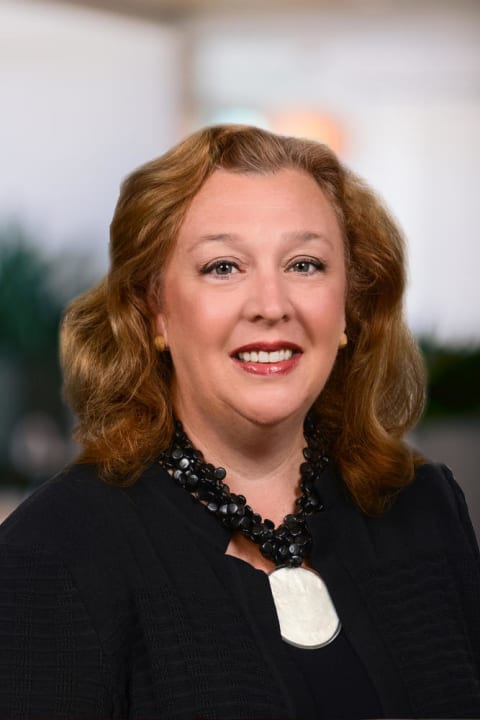
The Joy of Giving
Story 76
By Kirsten Cutler

Why do people give?
There are a lot of different reasons that people give. There are a lot of people who give out of a sense of wanting to create a better world. They give for very altruistic, other-centered, other-focused reasons. There are people who give to, kind of, even the scales. They're trying to seek equity or access to create a better civil society. There are people who are going to give because it’s part of being a good corporate citizen, if you will. There are also people who give because they feel they've been incredibly blessed, and they feel that part of them being blessed individually creates a responsibility to share those blessings with others. So, there are a lot of people who are giving for very altruistic reasons rooted in helping their fellow man.
There are also people who give because they want the social status of being seen and recognized as a giver. There are people who give because they want their name on something. There are people who give because they want to be part of the crowd that is participating in the life of that organization. So, there are people who do a good thing by giving, but they have some self-interested motivations beyond helping the cause – and that’s OK as long as you understand their intent.
Then, I think there are a lot of donors who do things for very purpose-driven and altruistic reasons, but the size or timing of their gift may be predicated by tax advantages or other things, and that's fine. That then is a secondary benefit, not the primary intention. I think understanding people's primary motivation is helpful in knowing how we're going to engage them and how we can best meet their needs and intentions.
What do you wish everyone knew about giving?
Anne Frank said, “No one ever became poor by giving.”
I think we tend to have a scarcity mindset from a couple of different directions. We perceive there are only limited dollars out there that are available to us, which is one scarcity mindset that is wrong. And we sometimes feel that we don't have the financial wherewithal to participate because we're worried about what we have to do to care for our families around the next curve. I think there's balance in that, certainly.
But most of us actually do have discretionary income, and we could make choices around how we're going to utilize it. And so there's an element of believing that – and this sounds kind of crazy – but there's an element of believing that you will be provided for. That if you are generous and if you are kind, you will not find yourself destitute by virtue of your goodness and kindness. There actually will be resources there to continue to do the good that you're doing.
I don't think in terms of limitations. I think in terms of abundance, because there are a lot of people who will be moved and motivated by our mission and by our vision for change. And I think that it would be inappropriate for us to decide for them that they don't have the interest or ability to participate. I think we need to always extend the invitation to them and let them decide if they have the ability and if they have the motivation to come with us.
What is your invitation to someone who is hesitant to give?
I'd start small and see how painful it was not. Start somewhere. Make a choice to give up your Starbucks latte for a day or for a week. Give up that Target run where you bought something you probably didn't need. Make a choice, and then see if it gave you more joy than it gave you anxiety.
Why do you invite people to give to healthcare?
There are a lot of really valuable charitable causes out there and, where you choose to give is certainly about your passion, your experience, your purpose. I find that giving to healthcare is really special in part because people are almost always giving out of gratitude for care received, and they talk about things like hope that was extended to them. They talk about the ability to get back to the life that they wanted. They talk about the ability to do things like walk their daughter down the aisle, or to take that trip they'd always planned on in retirement.
I believe healthcare fulfills a sacred trust [because] people place their bodies and their hopes in the hands of our providers and our caregivers. And when people give to support that work, they're supporting something really special.
Related stories

Milad Pezeshki

Jeff Musser

Somos | "We Are"

Juan De La Cruz

Central Coast Service Area | Celebration Event

In His Footsteps

Heartbeat in a Bottle

Valerie's Journey

Nursing Chose Me

Cutting-Edge, Close to Home

Emergency Turned Miracle

Home again at Adventist Health White Memorial Montebello

Hometown

Every Anniversary

Becoming Adventist Health Columbia Gorge

Water for Generations

Spiritual Roots

Becky De Oliveira

No Longer Alone
